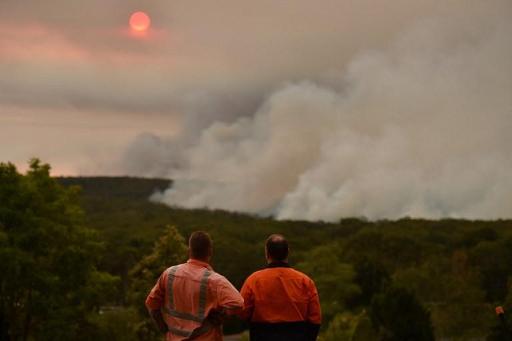The European Commission launched on Monday a public consultation on environmental crime aiming at addressing the shortcomings in the current directive.
The directive requires Member States to treat activities that breach EU environmental legislation, such as illegal shipment of waste, trade in endangered species or in ozone-depleting substances, as criminal offences.
“The EU is a front-runner in developing a comprehensive environmental policy,” commented Didier Reynders, Commissioner for Justice.
“We are determined to continue setting global standards for the protection of the planet. A green transition means that we have to protect our environment against crime and our natural resources against exploitation. I invite everyone to take part in this consultation and share their contribution. Together, we can do more to protect wildlife and improve the quality of life of all citizens.”
A legislative proposal for a revised directive is expected by the end of 2021. An evaluation of the directive, carried out in 2019-2020, concluded that room for improvement remains when it comes to reducing environmental crime and prosecuting offenders.
According to the Commission’s impact assessment, overall, the directive did not have much effect in practice.
The annexes in the directive are largely outdated today and a feasible mechanism to ensure that new relevant legislation falls under the scope of the directive is missing. In particular, the directive did not affect the number of convictions or the level of imposed sanctions in the Member States.
- Legal terms to define environmental criminal offences leave much scope for interpretation. This leads to different interpretations in the Member States and is thought to hamper cross-border cooperation.
- Sanction levels differ significantly among Member States and their application in practice appears not to be dissuasive.
- Although environmental crime often has cross-border effects and often involves cross-border activities, Member State authorities do not systematically cooperate with each other and with EU bodies and agencies.
- Collection, sharing and reporting statistical data on detection, investigation, prosecution and sanctioning of environmental crime is very limited. This lack of information hampers effective and targeted action by Member States on environmental crime.
The wild fires in recent years and intentional damage to the rainforest in Amazon in Brazil affect the whole planet and has raised the issue if it should be classified as an international environmental crime against humanity – Ecocide. The previous Commission was however reluctant to promote the issue at international climate action summits and chose largely to ignore it.
What is the Commission’s position on this today? Will it be possible to raise the issue in the consultation?
A source in the Commission replied that it is aware of the discussions with regard to Ecocide. “Which issues are raised in the consultation is up to the individuals and groups that participate in it." The Commission promised that it will consider all suggestions.
M. Apelblat
The Brussels Times

